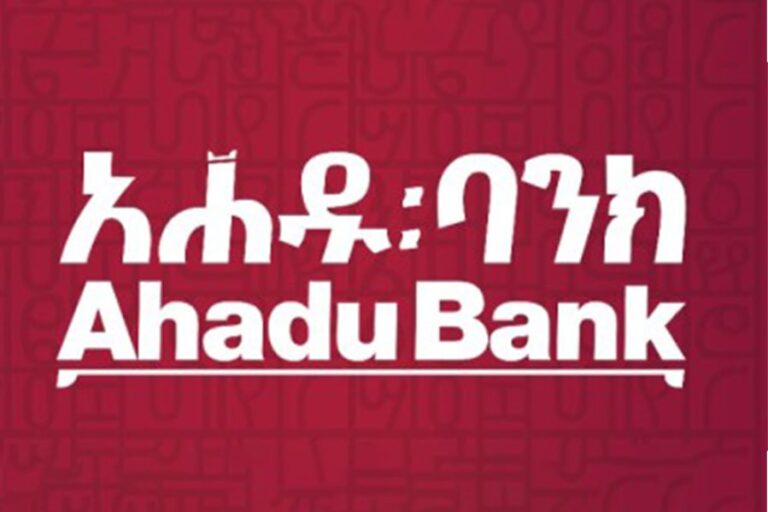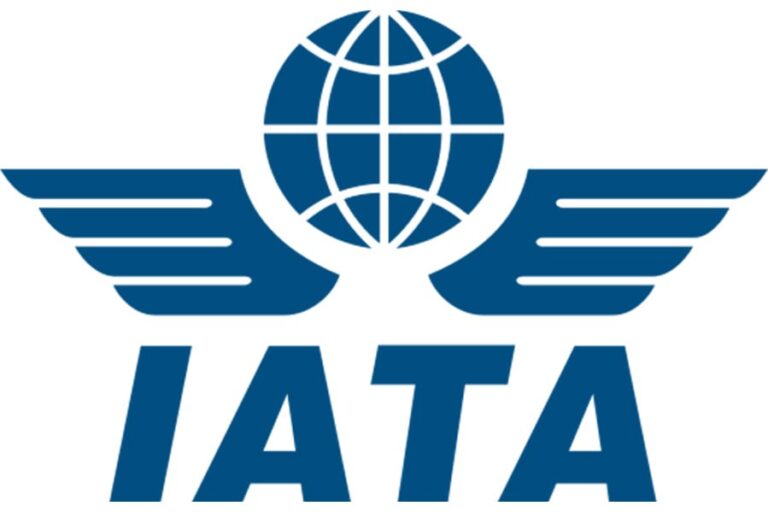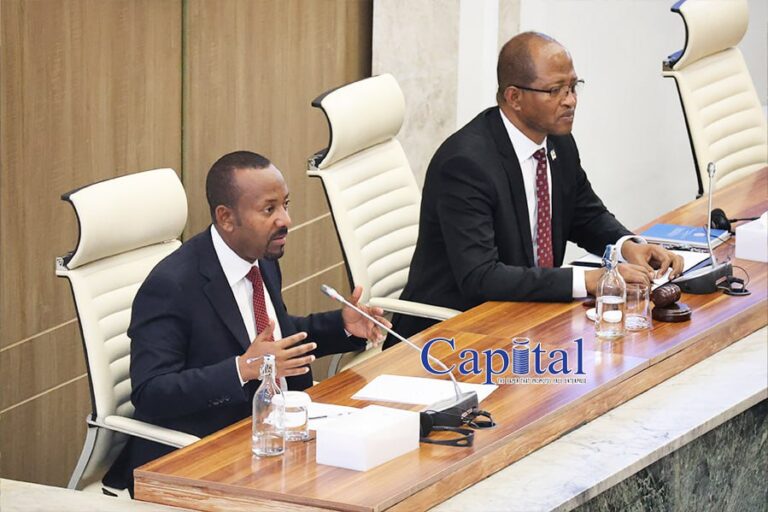Ahadu Bank, one of Ethiopia’s fastest-growing financial institutions, has announced exceptional financial results for the fiscal year ending June 30, 2024. Despite a challenging domestic and global business environment, the bank recorded a remarkable profit of over 175 million Birr before tax and other deductibles.
“Our performance is astonishing given the challenging business environment,” said Sealem Liben, CEO of Ahadu Bank. “In a particularly difficult fiscal year, we remained committed to delivering exceptional financial products with excellent customer service, which paid off remarkably.”
The bank’s operating income surged to 1.15 billion Birr, reflecting sustained growth in banking activities and diversified revenue streams. Ahadu Bank also increased its paid-up capital to 1.03 billion Birr, reinforcing its financial stability and capital adequacy while positioning the bank well for future expansion and investment opportunities.
Ahadu Bank’s total assets reached 6.3 billion Birr, demonstrating a strong liquidity position, prudent asset management, and strategic investments. The bank expanded its reach, with 104 branches across Ethiopia, providing convenient access to financial services for over 700,000 customers.
“The bank’s commitment to financial inclusion, strong partnerships, and collaborations with stakeholders as well as the deployment of digital technology has been instrumental in its success,” added Sealem. “This year’s performance indicates our ability to grow rapidly and deliver the positive economic impact with quality service that is expected of Ahadu Bank.”
Looking ahead, Ahadu Bank is poised to continue its growth trajectory, guided by its new five-year strategic plan and a business model focused on business growth, human capital, agile operational platforms, a customer-centric operating model, and a strong commitment to environmental, social, and governance (ESG) principles.








